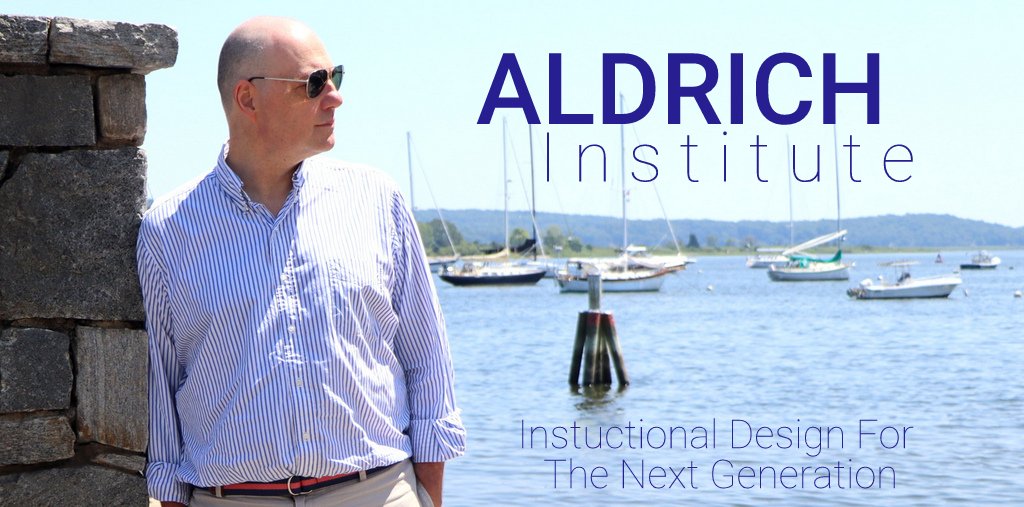 |
| Leadership... |
People have different goals for education. As I travel about, I am reminded how difficult it is to make progress without an aligned goal. I am also reminded how eagerly venders from the publishing and test-making industries, even the pharmaceutical reps, fill the vision void.
My framework is simple, and I believe aligns many of the visions I have heard across various communities, from unschooling to military, from non-profit to corporate. It also spans across one's life.
The Aldrich Institute believes the goal of education is:
To help each person discover and hone about what they care the most, discover and hone at what they are good, and connect the two in a sustaining way.
 |
| ...and Stewardship. All photos by Aldrich Institute. |
One nice thing about the goal is that it is measurable and prescriptive. You can see if a school is doing this well, and this mission is specific enough to shape decisions.
Another benefit of this goal is that simply brainstorming some of the pieces forces one to think of education differently. It frees us up from classrooms and textbooks, even grades.
If we were to brainstorm about what people care passionately about, here are some .
- Dogs and cats.
- World hunger.
- Living a virtuous life.
- Having a lot of money.
- Seeing the world.
- Building computer games.
- Pushing a scientific boundary.
- Creating delicious food.
- Composing music.
- Organizing resources.
- Becoming famous.
- Helping the elderly.
- Working on a team with a few close friends.
- Being world-class in something.
 |
| Caring About Food |
If we were to brainstorm about the different skills people have where they are better than most, we might start with these:
- Running.
- Problem solving.
- Writing code.
- Organizing events.
- Selling face-to-face.
- Seeing patterns in large data sets.
- Building structures.
- Zoning.
- Finding win-win agreements between people.
- Motivating teams.
And if we were to brainstorm different ways to hone skills and passions, and then sustainably connect them, some models would be:
- Start-up business.
- Internship.
- Skunk works.
- Volunteering.
- Web site.
- Non-profit.
- Corporate job.
- Political campaign job.
- Lobbying for causes.
- Small business job.
- Consulting.
- Social media.
 |
| Political Campaigns, Different Age Groups |
Signs of success could be a middle school student volunteering in a native American museum (combining public speaking and history), an 18 year old starting a computer consulting company aimed at helping volunteer fire stations set up web sites (skill in coding, love of local town organizations), and a 28 year old getting a masters degree in architecture while interning at an urban development firm (strong math and visualization skills, passion for improving the livability of cities).
This view of education has many implications. Here is just scratching the surface:
- Schools would have to be hooked into non-school institutions, including the business community.
- There are support skills, such as math, writing, getting investors, understanding laws, marketing, that become universal for students, but not core to students.
- No student would ever want to cheat on a test. Rather, students will ask for harder tests.
- Teachers serve students (even if sometime to help them prepare for tough certification exams).
- We will see more students helping students at all ages, and across ages. Some students who are in discovery mode will be perfect helpers for other students who are working on practicing something they are passionate about.
As schools first do this and then get better at it, they will share ideas and practices around optimizing people with large organizations, corporate, government, and military who can benefit from also being good at this.
It is common sense that until we have a big goal for schools, we cannot make progress with them. But as we adopt an empowering, humanistic view, we will find that more of society will gladly invest time, money, and passion into making them thrive.
Every adult wants students to understand the world. Every student wants the world to understand them. Let's do both, rather than neither.
 |
| Learning to Do, not just Learning to Know |


No comments:
Post a Comment